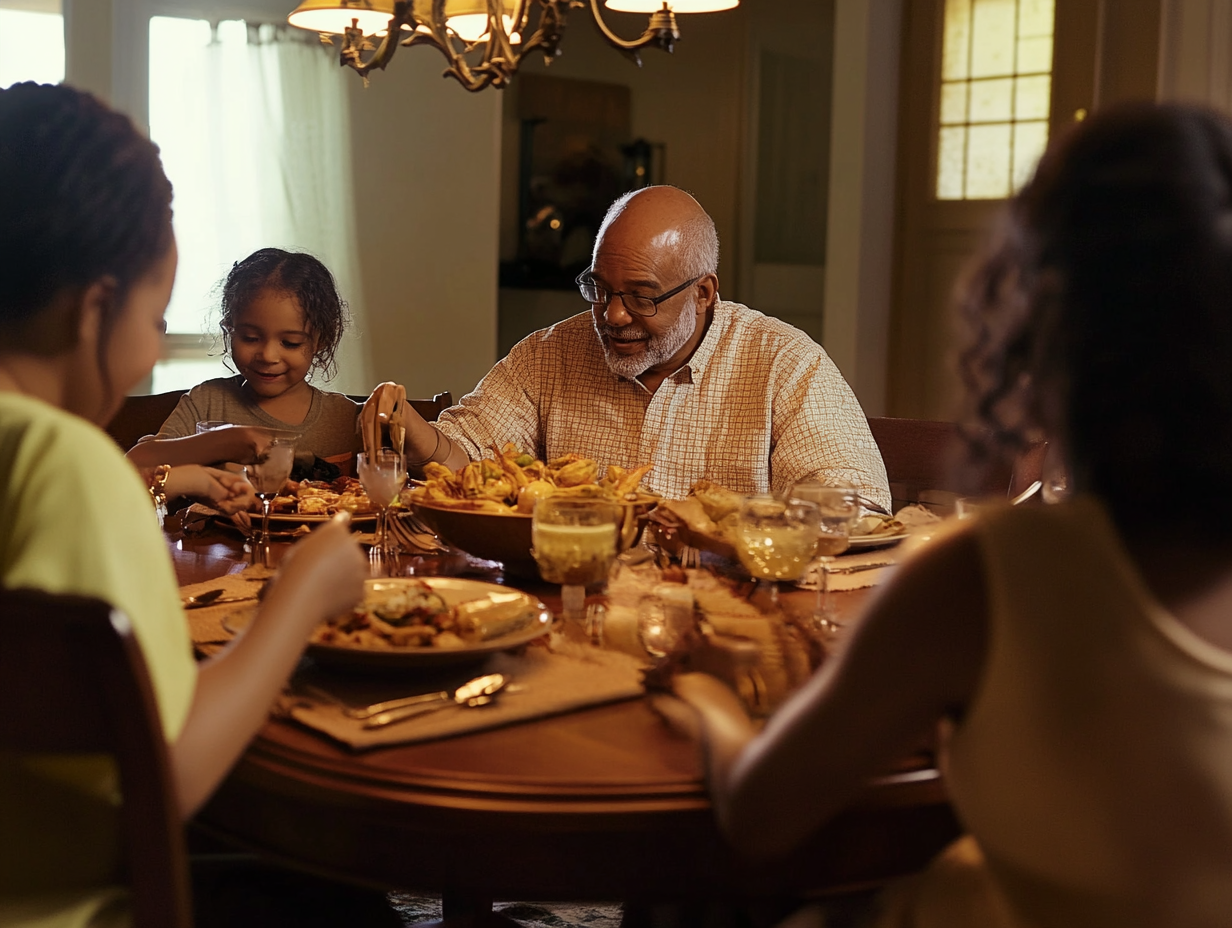A dementia diagnosis doesn’t just change the life of the person receiving it - it reshapes the entire family landscape.
Roles shift. Emotions intensify. Relationships evolve in ways that can feel both deeply painful and unexpectedly meaningful.
Understanding how family dynamics change after a diagnosis can help everyone involved adapt with greater empathy, resilience, and connection.
Here’s what often happens - and how families can navigate this new reality together.
1. Shifting Family Roles
In many families, a dementia diagnosis triggers a realignment of roles:
- A spouse becomes not just a partner but a primary caregiver.
- Adult children step into decision-making or daily care roles.
- Siblings renegotiate responsibilities - sometimes unevenly.
It’s common for role reversals to feel jarring. Children may find themselves guiding or protecting a parent who once cared for them. Spouses must balance love with supervision.
Tips for adapting to role shifts:
- Acknowledge the emotional weight of new roles.
- Communicate clearly about expectations.
- Share responsibilities where possible to avoid burnout.
👉 Related reading: How to Support Aging Parents Without Taking Over
2. Emotional Highs and Lows
Families often experience a rollercoaster of emotions:
- Grief for the relationship as it once was
- Guilt about feelings of frustration or resentment
- Fear of the future and what decline may bring
- Anger at the unfairness of the situation
- Tenderness and renewed closeness during quiet moments
All of these feelings are normal. What matters is allowing space for them - and seeking support when needed.
Ways to cope emotionally:
- Join dementia caregiver support groups.
- Talk openly with trusted friends or counselors.
- Validate your feelings instead of suppressing them.
👉 Take a look at the Alzheimer's Society's article on The Psychological and Emotional Impact of Dementia
👉 Related reading: How Caregivers Can Find Emotional Support
3. Decision-Making Becomes a Family Affair
Early in the diagnosis, families often need to make important decisions about:
- Medical treatments
- Living arrangements
- Financial planning
- Legal documents (powers of attorney, advance directives)
If conversations haven’t happened previously, this can create tension, especially among adult siblings with differing opinions.
Strategies for smoother decision-making:
- Involve the person with dementia in decisions as much as possible.
- Hold family meetings with a neutral facilitator if needed.
- Focus on what the loved one would have wanted - not just what's easiest.
4. The Risk of Uneven Caregiver Burden
In many families, one person takes on the majority of caregiving - whether by choice, proximity, or circumstance.
This imbalance can lead to:
- Resentment
- Burnout
- Fractured family relationships
How to prevent caregiver imbalance:
- Share tasks creatively: one person handles finances, another manages appointments, another visits weekly.
- Rotate duties when possible.
- Acknowledge and appreciate each other's contributions.
Even if not everyone can provide hands-on care, emotional support and sharing responsibilities where possible can make a big difference.
5. Communication Patterns May Shift
As dementia progresses, communication itself changes:
- The person living with dementia may struggle with finding words, expressing needs, or understanding others.
- Family members may fall into speaking for their loved one rather than speaking with them.
This can cause frustration, sadness, and sometimes isolation on both sides.
Communication tips:
- Use simple, clear language.
- Maintain eye contact and offer reassurance.
- Be patient - allow extra time for responses.
- Validate emotions even if words don't make full sense.
👉 Here's some helpful reading from Dementia Australia on Talking to Someone With Dementia
6. Unexpected Strengths Can Emerge
It’s not all loss.
Many families report:
- Closer bonds formed through shared caregiving
- Newfound appreciation for small, meaningful moments
- Deeper compassion for each other’s vulnerabilities
While the path isn’t easy, dementia care can also reveal resilience, love, and profound connection.
Celebrating small victories - smiles, laughter, shared memories - helps nurture these positives even in difficult times.
Dementia changes family dynamics in powerful ways - sometimes painful, sometimes beautiful.
Adapting takes honesty, flexibility, emotional openness, and, above all, compassion.
It’s okay if your family doesn’t get it perfectly right.
What matters most is the willingness to stay connected, to communicate, and to show up for each other, however imperfectly.
At Elli Cares, we believe that with the right support, families can navigate dementia’s challenges with grace - and still find connection, laughter, and love along the way.








